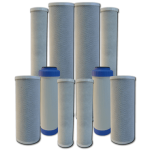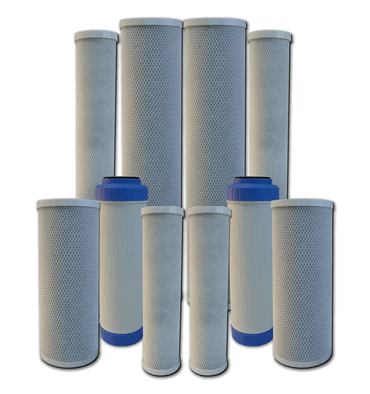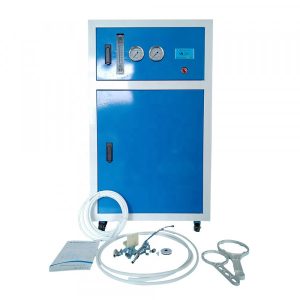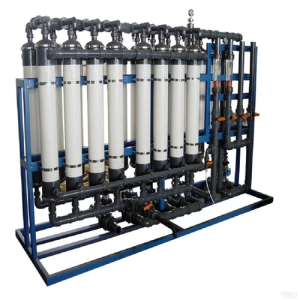Description
-
Activated carbon filters are filtration devices that use activated carbon to remove contaminants, odors, and impurities from air or water.
-
Composition: These filters contain highly porous carbon material, usually derived from coconut shells, wood, or coal, which has been treated to increase its adsorption capacity.
-
Mechanism: Activated carbon filters work through adsorption, where molecules from gases, chemicals, or impurities adhere to the carbon’s surface, effectively removing them from the medium being filtered.
-
Applications: These filters are widely used in air purification, water treatment, industrial processes, and even household appliances like refrigerators and air purifiers.
-
Water Filtration: In water treatment, activated carbon filters help remove chlorine, volatile organic compounds (VOCs), and harmful contaminants, improving taste and odor.
-
Air Purification: These filters are used in HVAC systems, air purifiers, and industrial exhaust systems to remove odors, smoke, and harmful gases.
-
Industrial Use: Many industries use activated carbon filters in chemical processing, food and beverage production, and pharmaceutical applications for purification and contaminant removal.
-
Medical Applications: Activated carbon filters are used in medical respirators and masks to filter out harmful airborne contaminants and gases.
-
Environmental Impact: These filters help reduce pollution by capturing contaminants before they enter the environment, making them valuable for sustainable practices.
-
Lifespan and Replacement: The efficiency of activated carbon filters decreases over time, requiring regular replacement depending on usage and exposure levels.
-
Advantages: They are highly effective in removing organic compounds, cost-efficient, and widely available for various applications.
-
Limitations: Activated carbon filters do not effectively remove minerals, salts, or heavy metals from water and may require additional filtration stages for comprehensive purification.
-
Regeneration and Disposal: Some industrial-grade activated carbon filters can be regenerated through heat treatment, while others must be replaced and disposed of properly.
-
Future Developments: Ongoing research aims to enhance the adsorption capacity and lifespan of activated carbon filters, making them more efficient and environmentally friendly.
-
Conclusion: Activated carbon filters play a crucial role in air and water purification, industrial applications, and environmental sustainability, making them essential in modern filtration systems.





